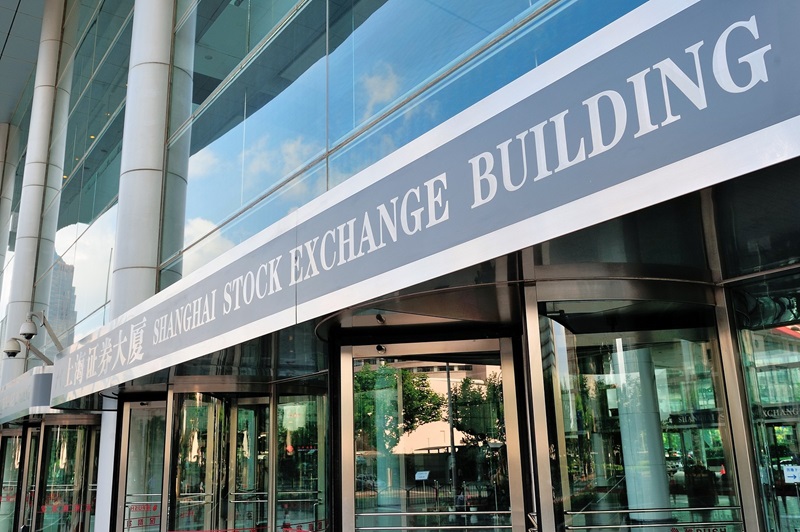The Chinese stock market has had a challenging start to 2024, marked by a significant loss of $6.3 trillion since its peak three years ago. This decline comes amid ongoing economic headwinds that have tested investor confidence despite Beijing’s announcement of achieving a 5-percent GDP growth target.
Investors are grappling with deflationary pressures, geopolitical uncertainties ahead of the 2024 U.S. elections, an economic slowdown, and concerns about the country’s debt-laden real estate market. With 70 percent of household wealth tied up in real estate, the market’s struggles have wider implications for the economy.
Adding to these challenges, the Tokyo Stock Exchange recently surpassed Shanghai to become the largest in Asia in terms of market capitalization. Additionally, Indian stocks have surged, showing a 157 percent valuation premium over their Chinese counterparts. This shift in investor preferences highlights the changing dynamics between the world’s second and fifth-largest economies.
The Hang Seng China Enterprises Index (HSCEI), which measures the performance of mainland securities listed in Hong Kong, has experienced a significant decline, losing more than half of its value over the past five years. This trend continued last month, with the HSCEI dropping an additional 11 percent.
The FTSE China 50 index, comprising 50 of the country’s largest and most liquid stocks, reported a 6.44 percent fall in the past five days alone.
These challenges in China stand in contrast to the global trend of resurging stocks, particularly in the United States, where the S&P 500 reached an all-time high last year with a 24 percent surge. This optimism in Wall Street is driven by expectations of a tech boom and the anticipation of interest rate cuts by the U.S. Federal Reserve.
As China navigates these challenges, global investors are closely watching how the country’s economic policies and market dynamics will evolve in the coming months, given its significant influence on the global economy.
(Source: WSJ | CNN | Newsweek)









